PRODUCTS
CONTACT US
Ningbo Nide International Co., Ltd.
一一
· Contact person:Jack Zeng
· Mob/Whatspp/WeChat:0086-13738869026
· Email:emarketing@nide-group.com;marketing4@nide-group.com
· Add:No. 169, Wohushan Road, Daqi Subdistrict, Beilun District, Ningbo, China
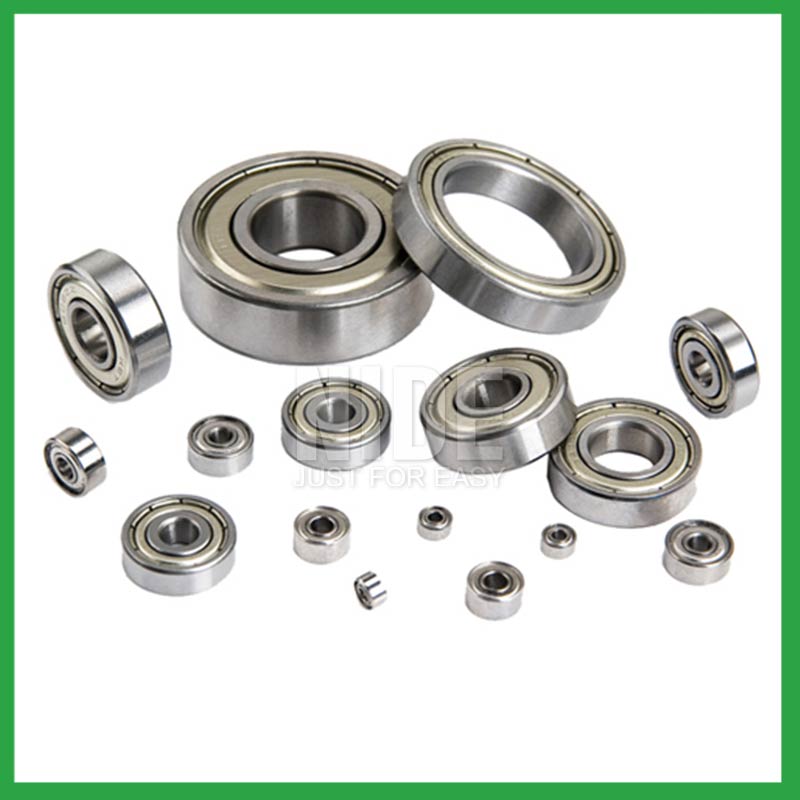
Nide team could manufacture ball bearing as per customer’s drawing and samples.
If customer only has samples, we could also design drawing fo r our customer.
We also provide customized service.
Our ball bearing is widely applied the different industrials.
Ningbo Haishu Nide International produces and supplies ball bearings.We have professional technical manpower for the mixing of polymer raw materials for the insulation coating of bearings, production of products, and quality control. We will grow together with customers with accurate quality, fast delivery and competitive prices.
In years of practice, we have established a strict quality assurance system. Our product range covers commutator,shaft,insulation paper,magnet,fan,thermal protector,carbon brush, etc. They are widely used in fields such as washing machine motor,electric automotive motor,servo motor,single and three phase induction motor,compress motor,water pump motor,electric bicycle motor. We can produce OEM products and make the following drawings. Our principle is to prioritize service and quality!
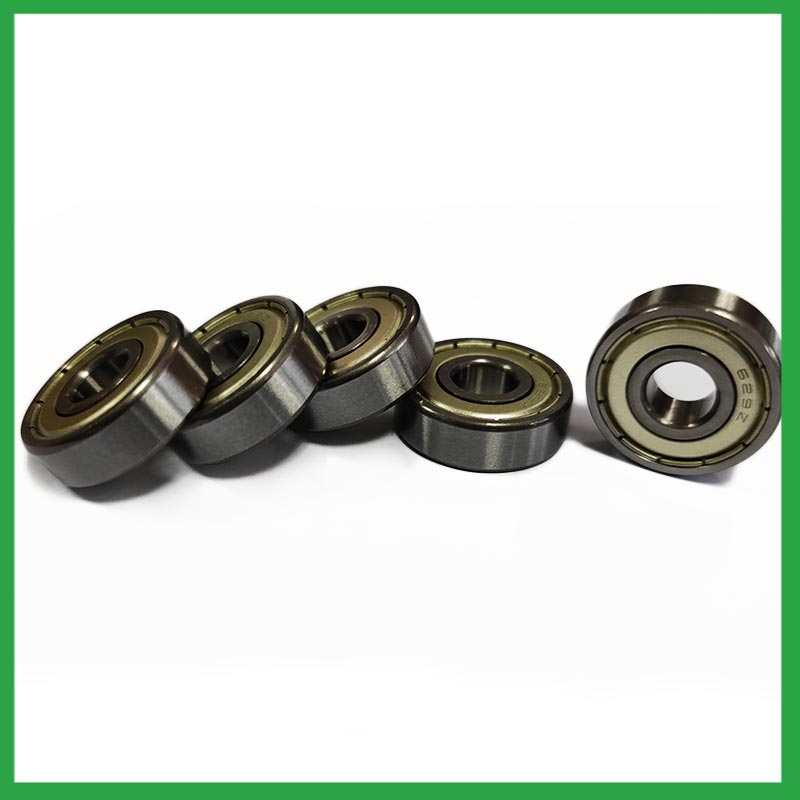
| Parameter | Information |
|---|---|
| Product Name | philadelphia ball bearing |
| Brand Name | NIDE |
| Place of Origin | Ningbo,China |
| Material | ceramics, etc. |
| Structure | Deep Groove |
| Color | Customized Color |
| Delivery Time | 5-7days |
| Port | Ningbo/Shanghai |
| Export region | Europe,Asia,Oceania |
| Export Country | India,Brazil,South Korea,Congo, Republic of the,Sweden,Slovenia,Antarctica...etc |
| Application | automotive engines,textile machinery, etc. |
| OEM/ODM | Acceptatble |
| Size | Customized size |
| Stock | In Stock |
| Feature | Strong carrying capacity,Simple structure...etc |
| MOQ | 10 pieeces(Specific according to the model) |
| Certification | ISO9001,CE-insulation paper inserting machine,CE-stator coil forming machine,etc |
| Supply Ability | 100000-500000 Piece/Pieces per Month |
| Lubricate | Oil Grease |
| Packaging Details | Suitable for sea transportation |
| Lead time (days) | 15-20 (To be negotiated) |
Please note: The above table data is for reference only. For specific information, please contact us.
philadelphia ball bearing is a component with a ball as the rolling element, consisting of an inner ring, an outer ring, and a ball. They form a closed raceway between the rings, and the ball rolls through a curved surface in the raceway.
During the disassembly process, the outer shell should be kept intact to avoid unnecessary damage;
When replacing installation components, attention should be paid to the accuracy of the support components to prevent deformation;
During the disassembly process, attention should be paid to protecting the surface quality of the ball bearing to ensure its performance;
During the operation, attention should be paid to removing surface dust to ensure the quality of the ball bearing.
Ball bearings have many advantages, making them highly competitive in the market.
Firstly, they are very durable and have good wear performance, making their service life longer than many other types of bearings.
Secondly, they are easy to install and can provide low friction performance in various applications.
Thirdly, they require a relatively low level of maintenance, making them cost-effective.
In addition, compared to many other types of bearings, their purchase cost is relatively low, making them an economical choice.
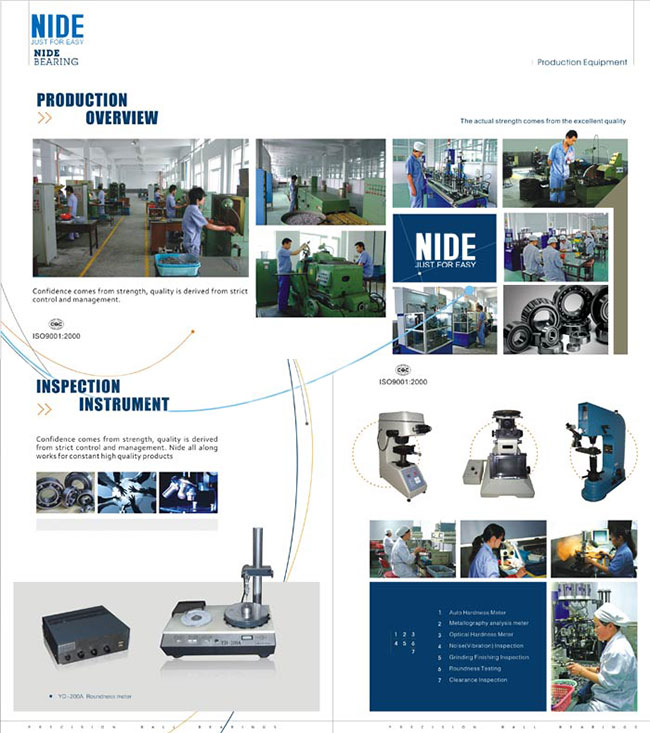
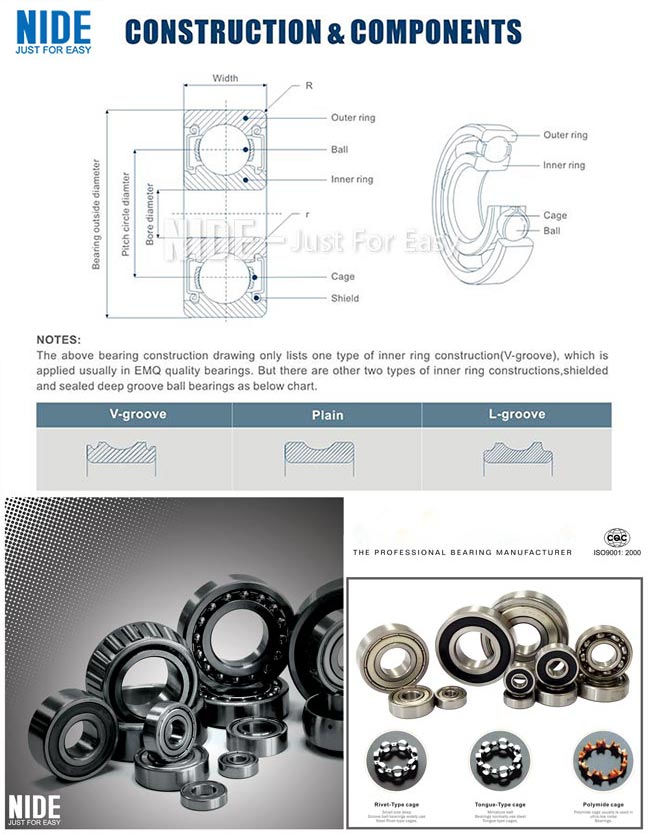
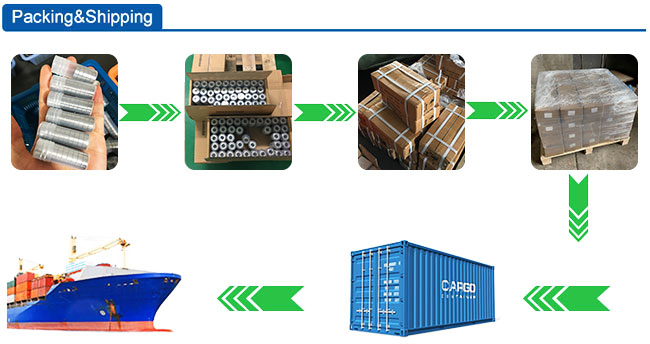
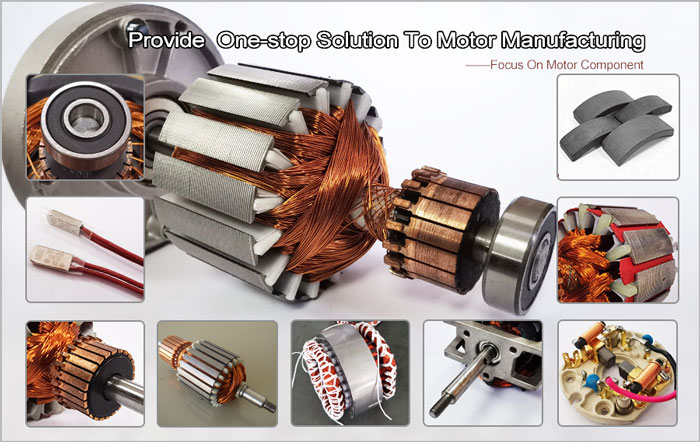
philadelphia ball bearing---FAQs Guide
2.What is a ball bearing?
3.Can philadelphia ball bearing be used in both vertical and horizontal orientations?
4.Can philadelphia ball bearing operate in high-temperature environments like industrial ovens or furnaces, and how are they protected from heat-related damage?
5.Are there ongoing research and development efforts aimed at improving philadelphia ball bearing materials, designs, and lubrication techniques?
6.Are there specific philadelphia ball bearing designed for applications in the aerospace and aviation industries, and what standards do they adhere to?
7.Are there ceramic philadelphia ball bearing designed for specific applications requiring high-temperature or corrosion resistance?
8.What are the philadelphia ball bearing product skill training options?
9.Can philadelphia ball bearing handle shock loads and high-impact conditions in heavy machinery?
10.As a philadelphia ball bearing manufacturer,What is your payment method?
11.What maintenance practices are recommended to extend the lifespan of philadelphia ball bearing and prevent premature failure?
12.How do preloaded philadelphia ball bearing enhance rigidity and reduce clearance in high-precision applications?
13.What is the load distribution within a philadelphia ball bearing, and how does it vary between different bearing configurations?
1.Are there philadelphia ball bearing designed for use in critical medical equipment?
Precision philadelphia ball bearing are among critical components in medical devices that are vital to ensuring patient safety. Correct choice of suitable ball and ring materials and the right product design can ensure high-precision bearings — and medical devices — have a long service life.
Precision bearings are used in a wide variety of medical devices including surgical power tools, ventilators and heart pumps — and patient safety depends on them all. Whatever the device, there is an onus on medical device original equipment manufacturers (OEMs) to ensure that the right type of bearings are chosen, and fit precisely into the application.
2.What is a ball bearing?
A ball bearing is a type of rolling-element bearing that uses balls to maintain the separation between the bearing races.
The purpose of a ball bearing is to reduce rotational friction and support radial and axial loads. It achieves this by using at least two races to contain the balls and transmit the loads through the balls. In most applications, one race is stationary and the other is attached to the rotating assembly (e.g., a hub or shaft). As one of the bearing races rotates it causes the balls to rotate as well. Because the balls are rolling they have a much lower coefficient of friction than if two flat surfaces were sliding against each other.
Ball bearings tend to have lower load capacity for their size than other kinds of rolling-element bearings due to the smaller contact area between the balls and races. However, they can tolerate some misalignment of the inner and outer races.
3.Can philadelphia ball bearing be used in both vertical and horizontal orientations?
Sleeve Bearings: Sleeve bearings, also known as plain bearings, employ a simple yet effective mechanism. A cylindrical sleeve separates the rotating shaft from the stationary portion of the bearing, reducing friction and enabling smooth rotation. Sleeve bearings are characterized by their quiet operation, cost-effectiveness, and suitability for horizontal mounting orientations.
Ball Bearings: Ball bearings introduce small metal balls between the moving parts, providing enhanced durability and reduced friction. This design allows for smoother and more efficient rotation, making ball bearings well-suited for high-performance applications and vertical installations.
4.Can philadelphia ball bearing operate in high-temperature environments like industrial ovens or furnaces, and how are they protected from heat-related damage?
philadelphia ball bearing are capable of working at temperatures up to +842°F (+450 °C). Special lubricants, seals and coatings make this possible by protecting the ball bearings from heat damage.
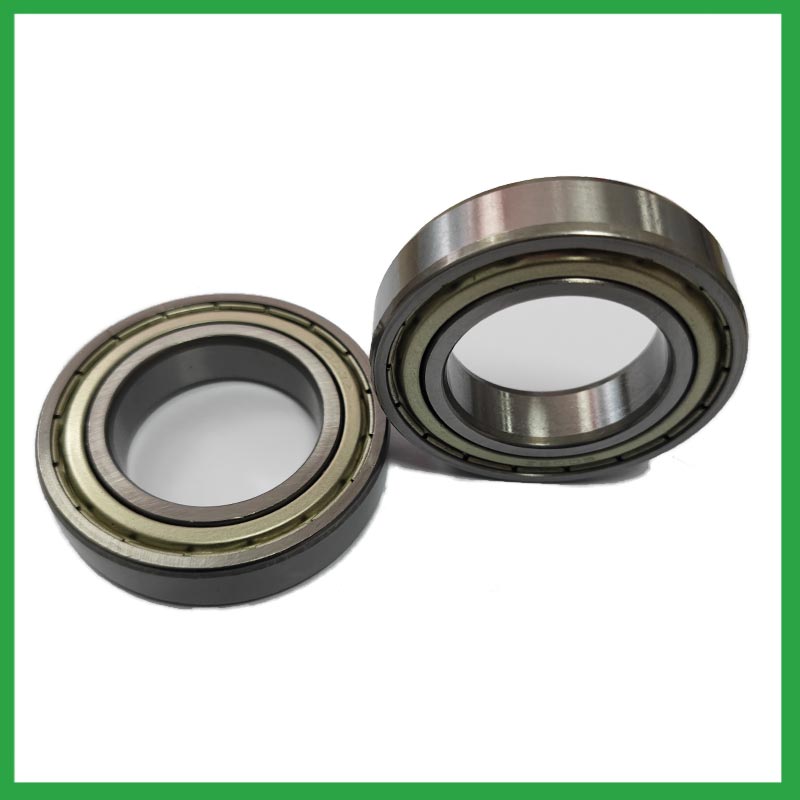
5.Are there ongoing research and development efforts aimed at improving philadelphia ball bearing materials, designs, and lubrication techniques?
A custom philadelphia ball bearing can satisfy almost any customer’s needs. Your application may need a needle roller or ball bearing, a radial or angular contact design, a plain carbon steel bearing with anti-corrosion coatings or stainless steel, a thrust bearing or a spherical bearing, tight or loose radial play, sealed or non-sealed designs
6.Are there specific philadelphia ball bearing designed for applications in the aerospace and aviation industries, and what standards do they adhere to?
Airframe control philadelphia ball bearing are specialized bearings tailored for aircraft structures, particularly control systems and surfaces. Designed for low-speed oscillatory applications, they offer precision and support, effectively managing misalignments and flight-induced stresses.
Airframe Control bearings are lightweight, corrosion-resistant, grease-lubricated, and are sealed on most occasions. They come in precision grades for running accuracy.
7.Are there ceramic philadelphia ball bearing designed for specific applications requiring high-temperature or corrosion resistance?
Ceramic philadelphia ball bearing are a special type of bearing made of ceramic materials, offering superior wear resistance, corrosion resistance, and high-temperature performance. They provide excellent performance in applications requiring high speeds, high temperatures, and resistance to corrosion.
8.What are the philadelphia ball bearing product skill training options?
Quality comes from being controlled rather than be done. On the basis of the escalating production equipment and optimized process, Nide spare no efforts and keeps improving for quality control. Quality assurance covered with system, technology and human resources are in full swing.
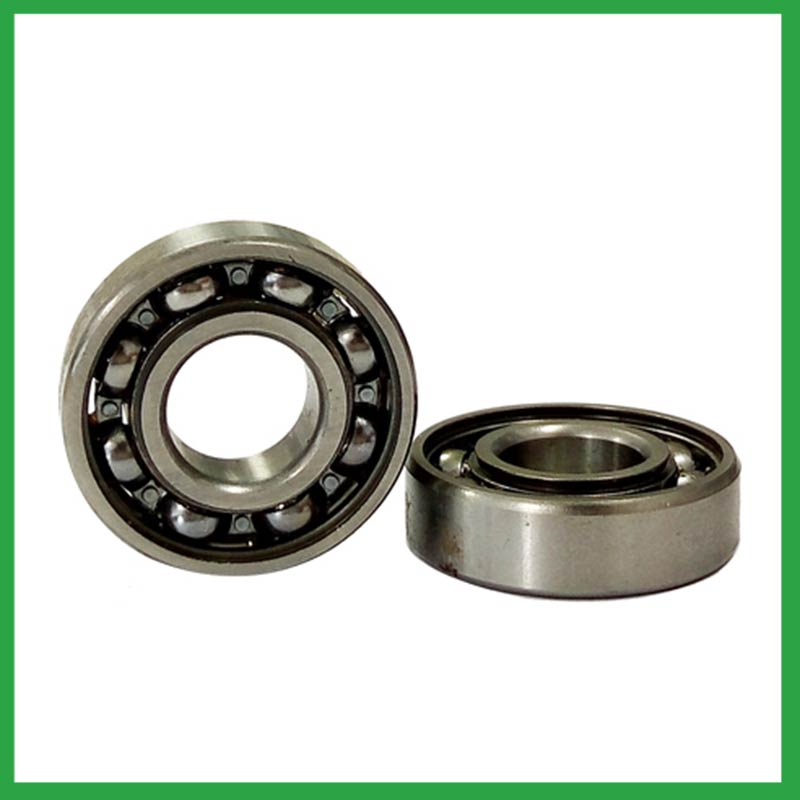
9.Can philadelphia ball bearing handle shock loads and high-impact conditions in heavy machinery?
As a general rule, philadelphia ball bearing are used at higher speeds and lighter loads than are roller bearings. Roller bearings perform better under shock and impact loading. Ball bearings tolerate misalignment better than roller bearings do. Roller bearings can handle heavy combined radial and thrust loads.
10.As a philadelphia ball bearing manufacturer,What is your payment method?
We accept T/T, PAYPAL or Western Union, credit card or via ALIBABA Assurance order.
11.What maintenance practices are recommended to extend the lifespan of philadelphia ball bearing and prevent premature failure?
Proper handling and installation of philadelphia ball bearing is essential to preventing premature failure. Ensure that bearings are stored and transported in a clean, dry, and vibration-free environment. During installation, ensure that bearings are properly aligned, and torque is applied correctly.
12.How do preloaded philadelphia ball bearing enhance rigidity and reduce clearance in high-precision applications?
Enhance Rigidity: By applying a controlled axial force, preload increases the bearing's resistance to external forces and moments. This heightened rigidity is essential in applications where any deflection or misalignment must be minimized, such as in machine tools or robotic systems.
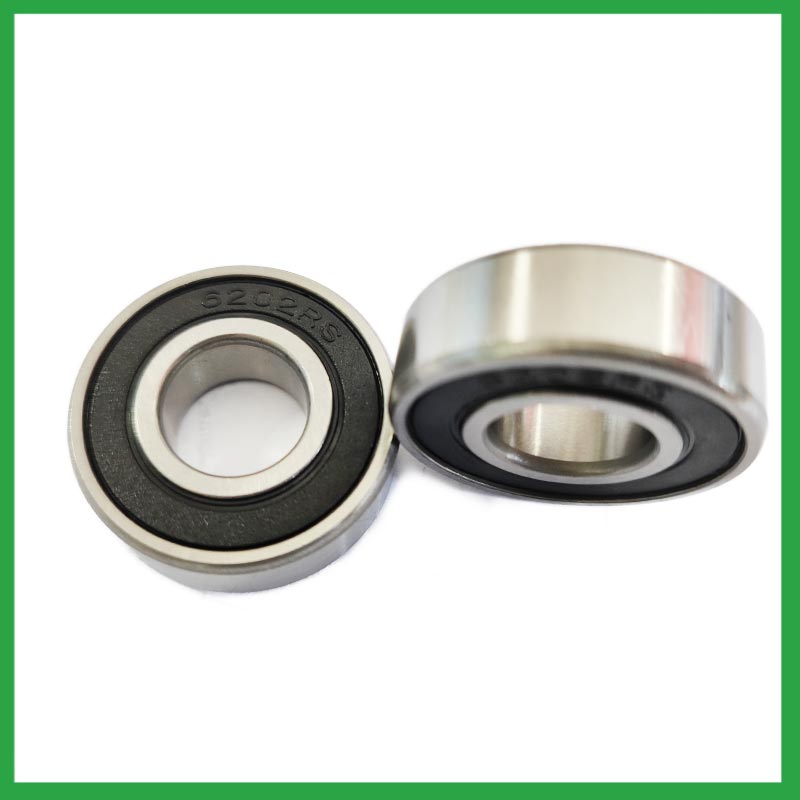
13.What is the load distribution within a philadelphia ball bearing, and how does it vary between different bearing configurations?
The load distribution between the rolling elements and raceway is crucial in performance evaluation of rolling element bearings. Determine the load distribution by measuring the strain response at the bearing surface with a notched housing. Finite element analysis shows that the introduction of notches does not affect the load distribution. An experimental system was developed to investigate the load distribution in a cylindrical roller bearing. The experimental static load distribution agrees well with the theoretical calculation. The dynamic load at specific position of load zone reflects the manufacture difference among rollers and dynamic balance of distributing loads.

